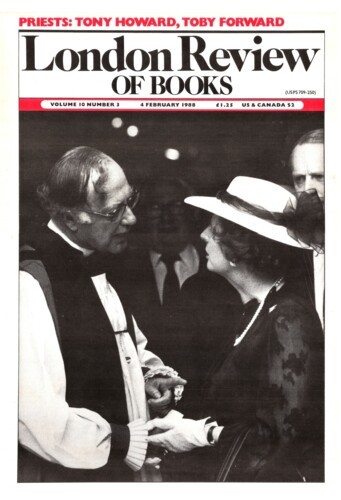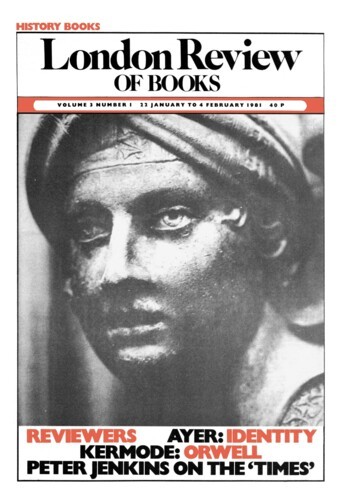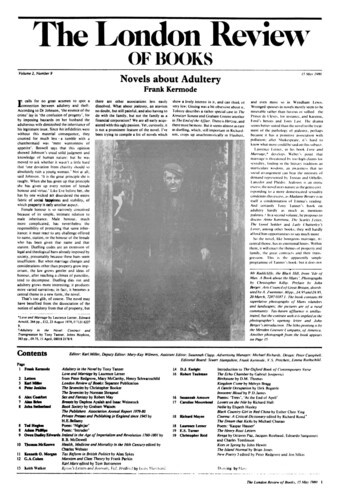Kipling and the Irish
Owen Dudley Edwards, 4 February 1988
Kipling leapt into British fame at the beginning of 1890, and it had been Ireland which had given him his chance – that and the rich harvest of short stories from his Indian years. He hit England just before the Commission on ‘Parnellism and Crime’ was about to report. That report, predictably, exonerated Parnell and his party, accused by the Times of having fomented the Phoenix Park murders of Chief Secretary Lord Frederick Cavendish and Under-Secretary Thomas Burke, who had in reality been killed (on 6 May 1882) by Parnell’s bitter enemies the Invincibles. The Times in 1887 had made many other charges under the heady influence of a group of clever and unscrupulous young Irish Unionists who had captured the paper, then under the nominal direction of a senile manager and an infant editor. Parnell, Michael Davitt and the Land League were accused of having inspired agrarian outrages including murder, arson, horse-gelding and cattle-houghing. Certainly they had developed ostracism as a weapon, causing it to be christened the ‘Boycott’ after the landlord who was one of its first victims: but they insisted that they had opposed violence, and had advocated only non-violent pressures against evicting landlords and blackleg tenants. The Special Commission judges, however, refused to distinguish between violent and non-violent intimidation, and declared that the land agitation had been a cause of crime. The judges noted that the Parnellites had benefited financially and morally from association with Irish-Americans pledged to the separation of Ireland from Britain.



